Cellular Interactions Driving Peritoneal Endometriosis
A recent study led by Dr.Fazlaebas from the USA, published in the January 2025 issue of iScience, einvestigated the genes and cellular pathways involved in the development of peritoneal endometriosis. Using spatial transcriptomics, the study identified cell type-specific gene expression changes and…
Key Points Lay SummaryExploring the Impact of NNMT Enzyme on Endometriosis
Endometriosis is driven largely by inflammation and immune dysfunction. Despite extensive research, the optimal treatment for endometriosis remains uncertain. A better understanding of the disease's mechanisms could lead to improved therapies and a better quality of life for affected women.…
Key Points Lay SummaryTET3: A new target for endometriosis treatment
Macrophages have a critical role in the development of endometriosis. They are involved in inflammation and tissue repair and are recruited to endometriotic lesions, where they contribute to chronic inflammation. In a recent commentary published in the Journal of Clinical…
Key Points Lay SummaryMacrophage Phenotypes Induced by Circulating Extracellular Vesicles in Endometriosis
In a study published in the Biomolecules, Martínez-Zamora et al. investigated the potential effect of circulating sEVs in the plasma of well-characterized patients with endometriosis on macrophage phenotype. This study explores how sEVs, which are tiny particles found in the blood of women…
Key Points Lay SummaryPeritoneal endometriosis and Peritoneal Immunity
The peritoneum is an important immune barrier where, under normal conditions, it is balanced. External stimuli cause pro-inflammatory responses. To bring balance to this undesired situation, anti-inflammatory factors come into play. However, in patients with endometriosis, cytotoxicity of T lymphocytes,…
Key Points Lay SummaryInsights into immune dysfunction in endometriosis - Chandrakant Tayade, DVM, PhD
In his speech presented at the Annual International Medical Conference of the Endometriosis Foundation of America held in New York on April 1-2, 2023, Dr. Tayade talks about the relationship between endometriosis and the immune system. Dr. Tayade begins by emphasizing the significance of…
Key Points Lay SummaryThe enhanced invasiveness, migration and the development of adenomyosis: Importance of M2 macrophages
Adenomyosis is the ectopic presence of endometrial stromal and glandular cells inside the myometrial tissue. Adenomyosis is diagnosed in women with gynecological problems with an incidence of 20%, although it is encountered much more frequently in hysterectomy specimens. Among many…
Key Points Lay SummaryMachine learning based potential biomarkers
To explore potential biomarkers for an accurate diagnosis and treatment, and to elucidate the mechanism of endometriosis, Yi Huang et al, analyzed gene differences between eutopic and ectopic endometrium and the status of the immune microenvironment., and published their results in the…
Key Points Lay SummaryMolecular and cellular mechanisms of fibrogenesis in endometriosis
Endometriosis lesions are characterized by endometrium-like cell proliferation, invasion, and oxidative stress associated with inflammation and neoangiogenesis. Fibrosis, which occurs due to these events, causes chronic pelvic pain depending on the location and the severity of endometriosis. For the purpose…
Key Points Lay SummaryEndometriosis and the cumulative live birth rate in IVF cycles.
Infertility is one of the symptoms encountered in up to 40-50% of women with endometriosis. There are several pathophysiological theories suggesting the development of endometriosis-associated infertility. Assisted reproductive technology (ART) using in vitro fertilization and embryo transfer (IVF-ET) has been…
Key Points Lay SummaryResveratrol for endometriosis
Endometriosis has been studied previously about its inflammatory nature and its tendency for causing macrophage disfunction. In the study conducted by Chunyan Wang et al, the researchers analyzed the effect of a flavonoid, "resveratrol" on endometriosis lesions and the mechanism…
Key Points Lay SummaryA hot research topic: macrophage reprogramming for endometriosis treatment
Daria Artemova and colleagues from several research institutes of the Russian Federation have published their review on the cellular aspects of endometriosis related to macrophages, particularly emphasizing promising therapeutic options for the future in "International Journal of Molecular Sciences". Macrophages have…
Key Points Lay SummaryCombined contraceptive pills and immune system cells in the endometriotic cyst wall
Dr. Wanwisa Waiyaput and associates from Mahidol University, Bangkok, Thailand, have published their results on the immune regulatory cells of the surgically resected endometriotic cyst walls in the “Journal of Ovarian Research”. The defective immune response is believed to have…
Key Points Lay SummaryMyeloid-Derived Suppressor Cells are gaining importance in endometriosis
Dr. Wertel and associates from Polish academic centers published their sentimental review paper on the role of "Myeloid-Derived Suppressor Cells" in human diseases, in a recent issue of Cells. Endometriosis, the most common gynecological disease affecting about 10% of women globally,…
Key Points Lay SummaryOxygen deprivation (hypoxia) has a critical role in the pathogenesis and progression of endometriosis
Dr. Wan-Ning Li and associates from academic institutions from Taiwan have published their review paper on the role of hypoxia and possible therapeutic outcomes in the medical journal named "Reproduction" recently. Endometriosis is an important ailment with huge medical and social…
Key Points Lay SummaryThe origin of macrophages determines the fate of endometriosis
Macrophages are diverse cells. They can present in all tissues of the body to perform crucial functions in immunity, homeostasis, repair and many more. Macrophages change their role depending on signals from their environment, and can therefore have a variety…
Key Points Lay SummaryNew Signaling Pathway Could Be Crucial in the Development of Endometriosis
RAMP1 signaling is crucial for growth and blood and lymphatic vessel formation in endometrial tissue, according to a new study published in the Journal of Cellular and Molecular Medicine. This suggests that blocking RAMP1 could be a new way to…
Key Points Lay SummaryA new Marker to Detect Endometriosis and Its Severity?
Macrophage migration inhibitory factor (MIF) could be a novel marker that could help diagnose endometriosis as well as to detect its severity. This is according to a new study by researchers in Egypt, published in the scientific journal "BMC Women’s Health".…
Key Points Lay SummaryAn animal model of endometriosis reveals stress related disturbed vitamin D - vitamin D receptor axis
Lopez and colleagues from academic institutions of Puerto Rico published their experimental endometriosis findings on female rats regarding the effect of stress on vitamin D-vitamin D receptor systems and recently published their findings in "Reproductive Sciences". The group previously showed…
Key Points Lay SummaryIL-33 Polarize Peritoneal Macrophages for Endometriosis Growth
M2 type macrophages are the most common type of macrophages found in endometriosis and they enhance the development of endometriosis lesions. The key factors that stimulate macrophages to polarize towards M2 and contribute to the increased endometriosis lesions remain to be…
Key Points Lay SummaryThe role of microbiota in the etiopathogenesis of endometriosis
Endometriosis is an estrogen-dependent disease that is commonly diagnosed in reproductive-aged women. Although many advanced types of research about the etiology, differential diagnosis and treatment have been performed, it still remains an enigmatic disease. Dr. Bedaiwy, a scientist and physician…
Key Points Lay SummaryM1 and M2 macrophages in ovarian endometriomas
Macrophages play an essential role in the immune response during inflammation and have been implicated in diseases such as inflammatory conditions and cancers. Broadly, macrophages are classified into M1 and M2. The M1 macrophages are pro-inflammatory, and in contrast, the…
Key Points Lay SummaryA Better Way to Diagnose Endometriosis?
Three proteins found in the blood and endometrial tissues could be used to determine the stage of endometriosis and the severity of painful periods according to a study published in the journal Current Medical Science. Evaluating the levels of these…
Key Points Lay SummaryAltered Immunity in Endometriosis
In recent years, there has been increased attention on the role of immune system in endometriosis development. Normally, immune reactions are supposed to destroy endometrial cells seeding in the peritoneal cavity. Nonetheless, in endometriosis, these cells are able to evade,…
Key Points Lay SummaryA review on the role of immune cells on the pathogenesis of endometriosis
Immune cells play a vital role in the homeostasis against infectious pathogens but also in the pathogenesis of endometriosis. Recent research has suggested that different immune cells have unique roles in this pathogenesis. Neutrophils, which are typically the primary acute…
Key Points Lay SummaryInterleukin 6 secretion from activated macrophages promotes the migration of endometriotic epithelial cells
Endometriosis is a chronic inflammatory disease. Accumulating evidence suggests that endometriosis patients have a higher level of various inflammatory factors which are associated with the pathogenesis of the disease. Several studies have shown marked increases in macrophage populations and activity…
Key Points Lay SummaryEFA Medical Conference 2017: "Hormone and Cytokine Sensitivity in Endometriosis" Presentation by Dr. Robert Taylor
The first presenter of the “Estrogen from Inflammation to Cancer: A Distant Link?” section of EFA 2017 Medical Conference was Dr. Robert Taylor from Wake Forest University Health Sciences. Dr. Taylor’s presentation was titled “Hormone and Cytokine Sensitivity in Endometriosis.”…
Key Points Lay SummaryA key cytokine in endometriosis can be targeted for endometriosis treatment
Immune system dysfunction has been implicated in the development of endometriosis. One study showed that 95% of cells found in the peritoneal fluid of women with endometriosis are macrophages with impaired phagocytic function, which are unable to eat away unwanted…
Key Points Lay SummaryInterleukin-6 Involved in the Development of Endometriosis
A chemical produced by the body called Interleukin-6 (IL-6) and known to be involved in inflammation also seems to promote the development of endometriosis. This is according to a study by Chinese scientists published in the journal Medical Science Monitor.…
Key Points Lay Summary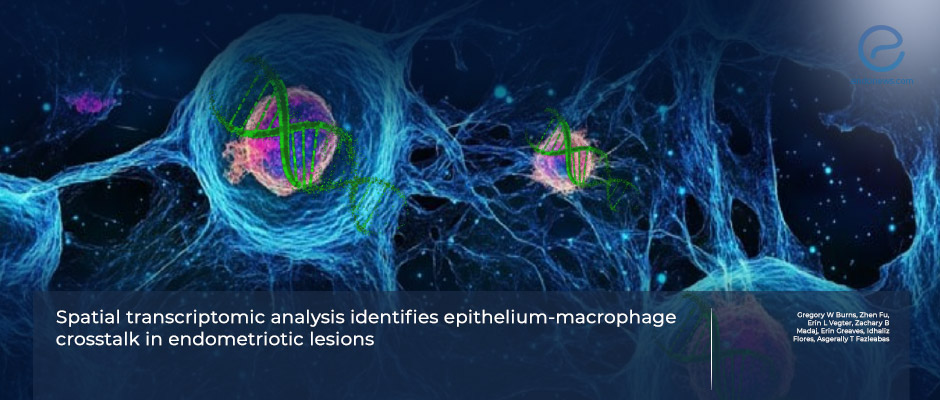
 By Eylül GÜN
By Eylül GÜN
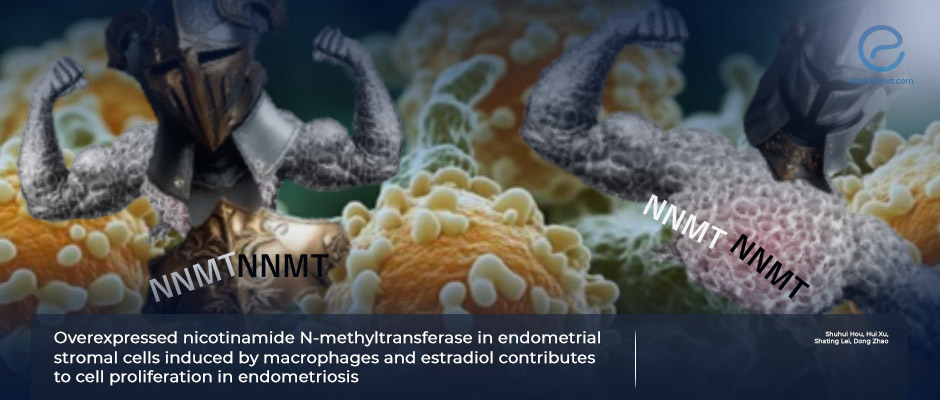
 By Hale Goksever Celik
By Hale Goksever Celik
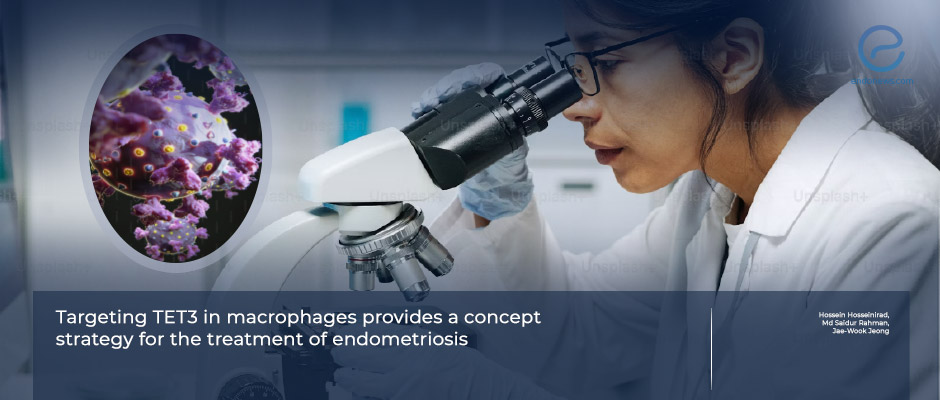
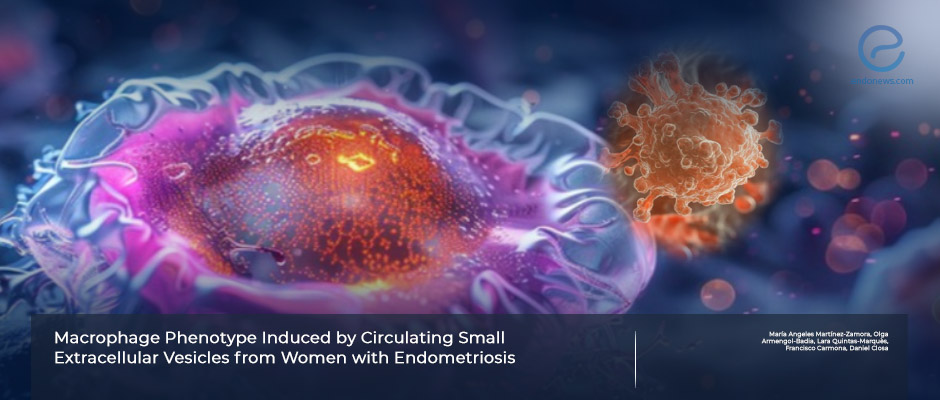

 By Selma Oransay
By Selma Oransay

 By Bahar Yuksel
By Bahar Yuksel


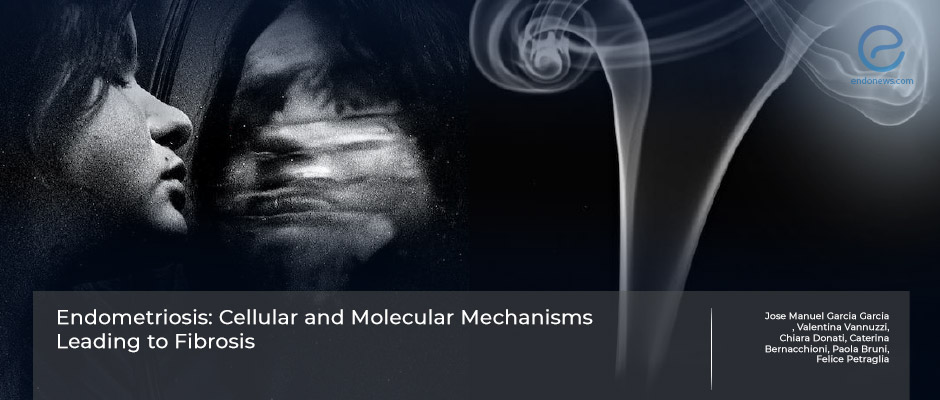


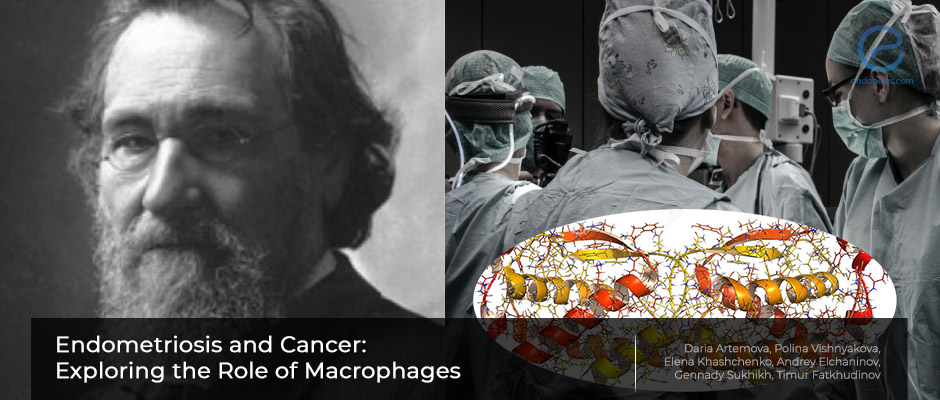
 By Nasuhi Engin Aydin
By Nasuhi Engin Aydin




 By Yu Yu
By Yu Yu

 By Özge Özkaya
By Özge Özkaya



 By Nadire Duru
By Nadire Duru



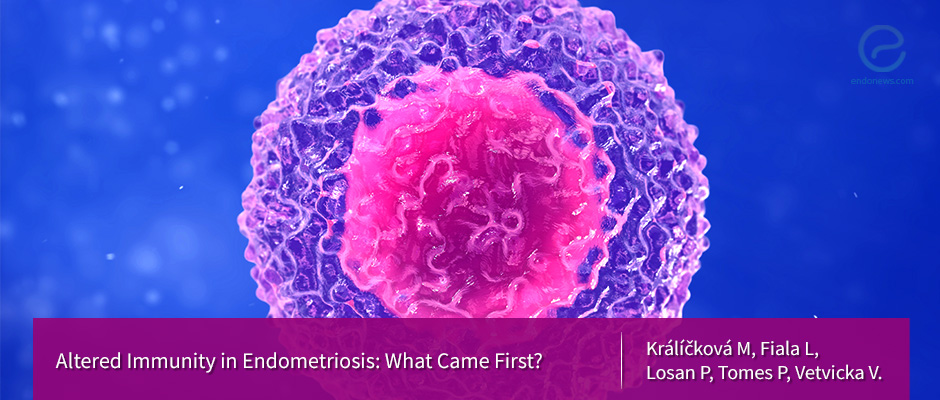

 By Murat Osman
By Murat Osman

 By Dr. Youngran Park
By Dr. Youngran Park

 By Kasthuri Nair
By Kasthuri Nair

 By Demet Candaş Green
By Demet Candaş Green
